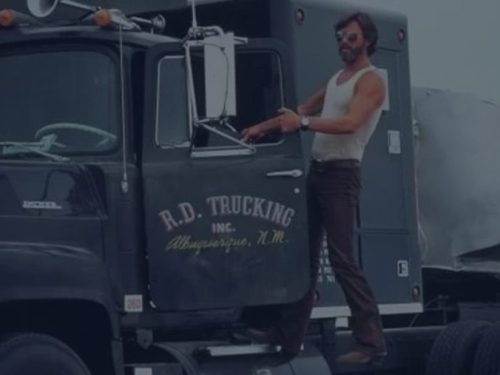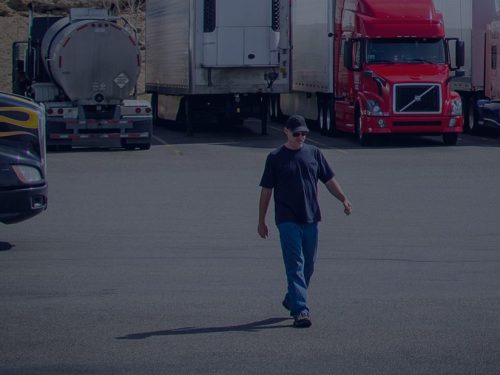From Rookie to a Pro Trucker: Exploring Career Growth Paths in Trucking
The trucking industry, a vital part of the global supply chain, offers more than just a job behind the wheel; it presents diverse career paths ripe with opportunities for growth and advancement.
For those starting as rookies in the industry, the road ahead is filled with potential turning points leading to rewarding destinations. This article explores the various career growth paths within the trucking industry, guiding drivers from their initial foray into long-haul trucking to potential roles beyond the driver’s seat.
Starting Out! The Journey Begins
New truck drivers often start with long-haul routes, embarking on cross-country journeys that serve as the backbone of their early career. This phase is crucial for gaining valuable experience, understanding the nuances of the road, and mastering the art of efficient and safe driving. The rookie phase is about more than logging miles; it’s a time for building a solid foundation of skills and industry knowledge.
Advancing to Experienced Long-Haul Driver
With experience comes the opportunity to take on more challenging routes and assignments. Experienced long-haul drivers are valued for their reliability, expertise in navigating diverse routes, and ability to handle high-value or sensitive cargo. Some may choose to specialize in specific types of hauls, such as refrigerated goods, oversized loads, or hazardous materials, each requiring additional certifications and knowledge.
7 tips for reefer truck drivers Blog article by Schneider (opens in a new window)
Transitioning to Different Types of Trucking Jobs
As drivers accumulate experience, they often discover opportunities in different types of trucking roles. Some may opt for regional or local routes, which offer the chance to be closer to home more often. Others might find their niche in training and mentoring new drivers, leveraging their experience to guide the next generation of truckers.
Moving Beyond the Wheel: Administrative and Managerial Roles
For those inclined towards leadership and management, the trucking industry offers pathways into administrative roles. Positions like dispatcher, logistics coordinator, or fleet manager allow drivers to use their on-the-road experience to oversee operations, manage logistics, and ensure smooth delivery schedules. These roles require strong communication skills, a deep understanding of the trucking logistics, and the ability to solve complex logistical challenges.
Entrepreneurial Ventures: From Driver to Owner-Operator
Many experienced drivers choose the entrepreneurial route, becoming owner-operators. This path involves owning and operating one’s own trucking business, offering the freedom to choose routes, clients, and manage one’s own business affairs. Success as an owner-operator requires business acumen, understanding of market trends, and the ability to effectively manage the financial aspects of running a trucking business.
Continuing Education and Skill Development
Regardless of the chosen path, continuing education and skill development are key to advancing in the trucking industry. This could include pursuing additional certifications, staying updated with the latest industry technologies, or attending workshops and seminars on logistics and fleet management.
The Bottom Line
The trucking industry offers a road map filled with opportunities for growth and advancement. From the initial days of long-haul trucking to potential roles in management or business ownership, truckers have various avenues to build fulfilling careers. As the industry continues to evolve, so do the opportunities for those willing to explore, learn, and grow within this dynamic field.
PROFITABILITY! Dry Vans Vs Reefers 2023 video by ET Transport
You May Also Like
How to Get Your First Job As a Truck Driver
3 Steps to Landing Your Ideal Trucking Job
Keep your mental and physical health in shape, stay safe and keep trucking!







